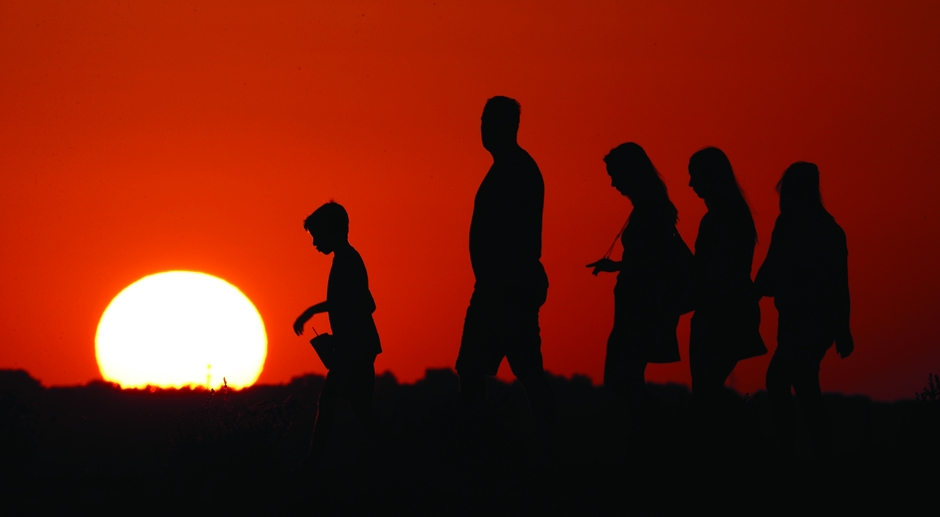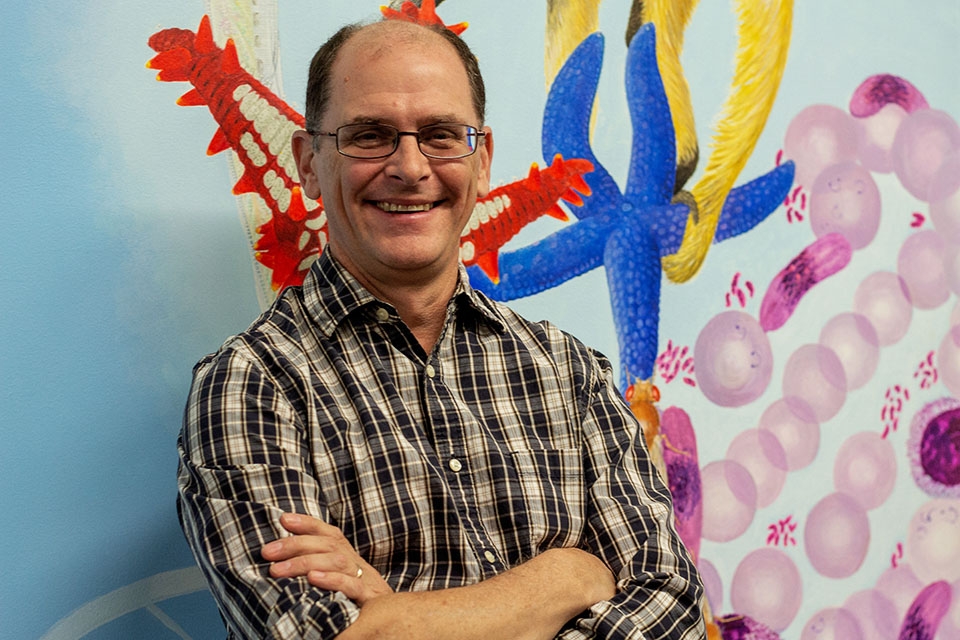
By Jamie Crow | Staff Columnist

Well, it’s official: 2016 was the hottest year on record — again.
According to a NASA news conference that took place on Jan. 18, 2016 was the hottest year since record keeping began in 1880. This past year was the third year in a row to break the record, and this marks the first time that three consecutive years have broken the record. NASA’s news conference also showed that Arctic and Antarctic sea ice are continuing to steadily melt.
It goes without saying that this is horrific news. All of this information is clearly saying that we, our environment and our entire species are in danger. But what is more disconcerting is the overwhelming evidence that we humans are playing a huge role in the drastic effects of climate change.
In an article in the New York Times, Dr. Michael Mann of Penn State University said the argument could be made that 75 percent of the record-breaking warmth was caused by human impact. The burning of fossil fuels has played a huge role in our planet’s warming trend because large amounts of carbon dioxide are being released into our atmosphere. Basically, the way we get our energy is destroying our atmosphere’s integrity and upsetting the natural balance of our world. But profitable energy is great, right?
Wrong. Oh, so wrong.
While the way we get our energy may seem profitable and easily-accessible, it’s actually doing more harm than good. Sure, industry has flourished with the burning of fossil fuels, but is that really worth sacrificing our atmosphere?
Steps have been taken to reduce the human impact on climate change, with the most recent being the Paris Agreement, which went into effect on Nov. 4, 2016. The agreement seeks to reduce greenhouse gas emissions and work on adapting to adverse impacts of climate change.
Then-President Barack Obama made the United States a part of the agreement, which was a big step towards influencing change.
Current President Donald Trump, however, is a staunch denier of climate change, and he has said during his campaign that he would withdraw from the Paris Agreement. It’s difficult to know if he’ll hold true to that promise, but if he does, it could decrease global cooperation with the agreement. The United States also has one of the largest greenhouse gas emissions of the countries that are a part of the agreement, so if we withdrew, the amount of change that could be made would be significantly decreased.
It’s disconcerting to see potential progress be swept away with such ease. The facts of climate change don’t lie, and the continuing negative effects of climate change don’t lie either. The number of endangered and vulnerable species is heartbreaking, with favorites like the blue whale and the polar bear at risk of extinction. Their habitats are being destroyed, and it’s largely our fault.
At a time like this, it can seem as if we are helpless in affecting change. We attribute all of the power to our senators, our congress and our government as a whole. The reality of the situation, though, is that we do have a voice in the matter.
Take Leonardo DiCaprio for example. Beyond his career as an actor, DiCaprio has been breaking the boundaries of power and using his voice to talk about climate change. He’s spoken at the United Nations twice regarding climate change, and he recently took part in the National Geographic documentary “Before the Flood.” During his Oscar acceptance speech, he spoke out about climate change and urged everyone to fight against it.
DiCaprio’s voice has had a greater impact because he’s an actor. That’s undeniable. But what is inspiring about his words and his actions is that it proves how much power words and actions have during a time like this. While we may not all be well-known actors, we have a voice and a say in the matter of all issues, including climate change.
Where do we go from here? How do we use our voices to affect change? How do we direct our actions toward a positive influence?
For one thing, we can recycle. Instead of throwing that Starbucks cup into the trash, throw it into the recycling bin. Refraining from littering is a great thing, too, to make sure that our garbage isn’t contributing to pollution, especially in the oceans.
We can use our voices to inform those who deny the effects of climate change, and we can fight for the rights of the endangered animals that don’t have a voice. Most importantly, we can continue to educate ourselves and learn new ways of combating the negative influences of climate change.
Change doesn’t happen overnight. Just like we didn’t get to the hottest years on record overnight, we won’t be able to reverse the effects of climate change in a day. But recognizing that climate change is a real concern is a great first step to take. Hopefully, with continued education and action, 2017 won’t stay on the warming trend, and we can continue to live in a comforting world with our favorite animals.




